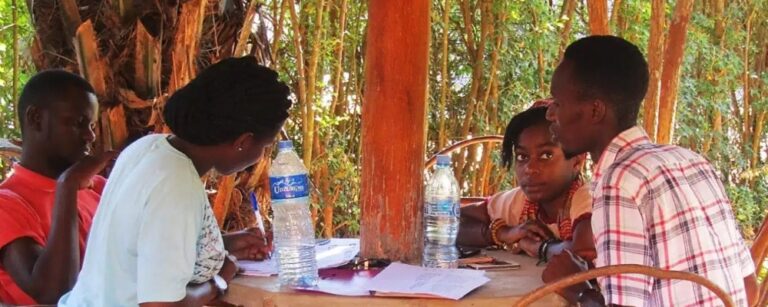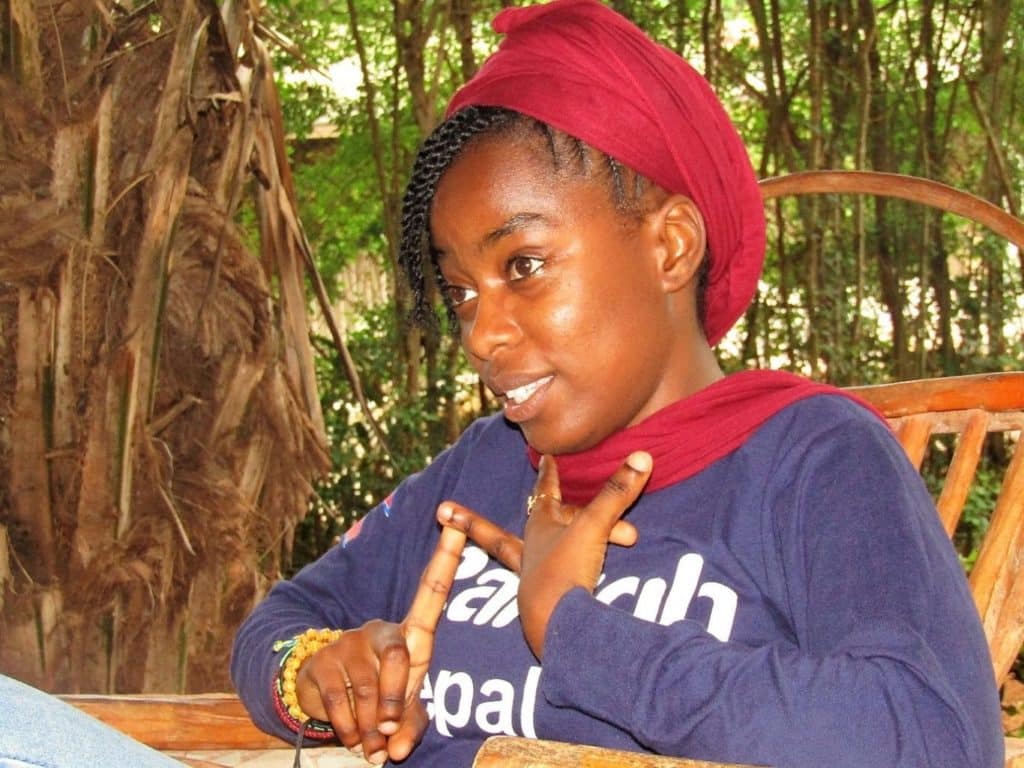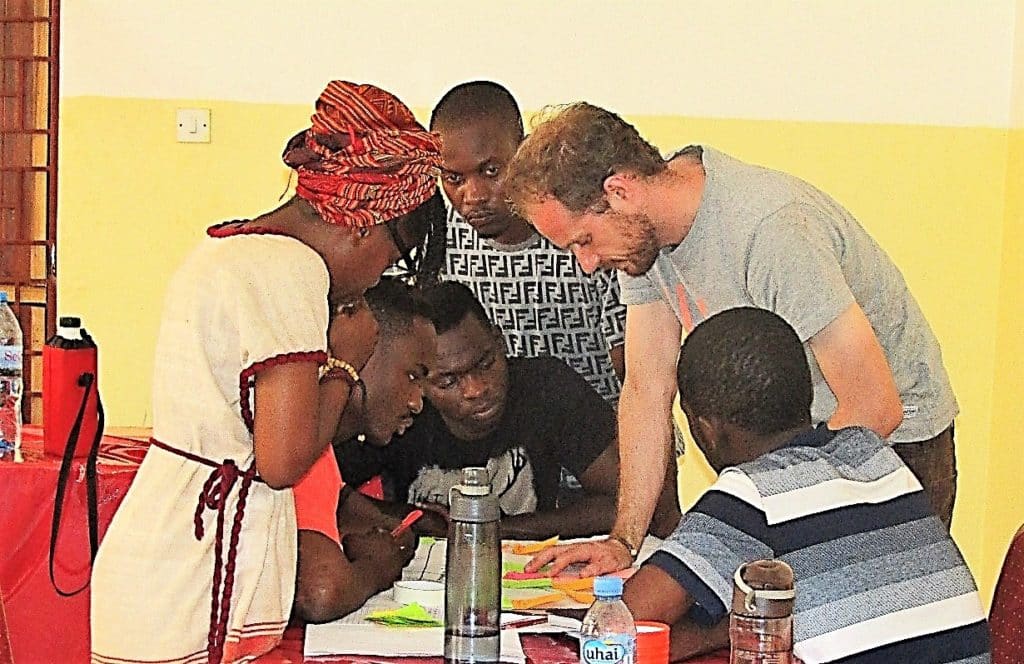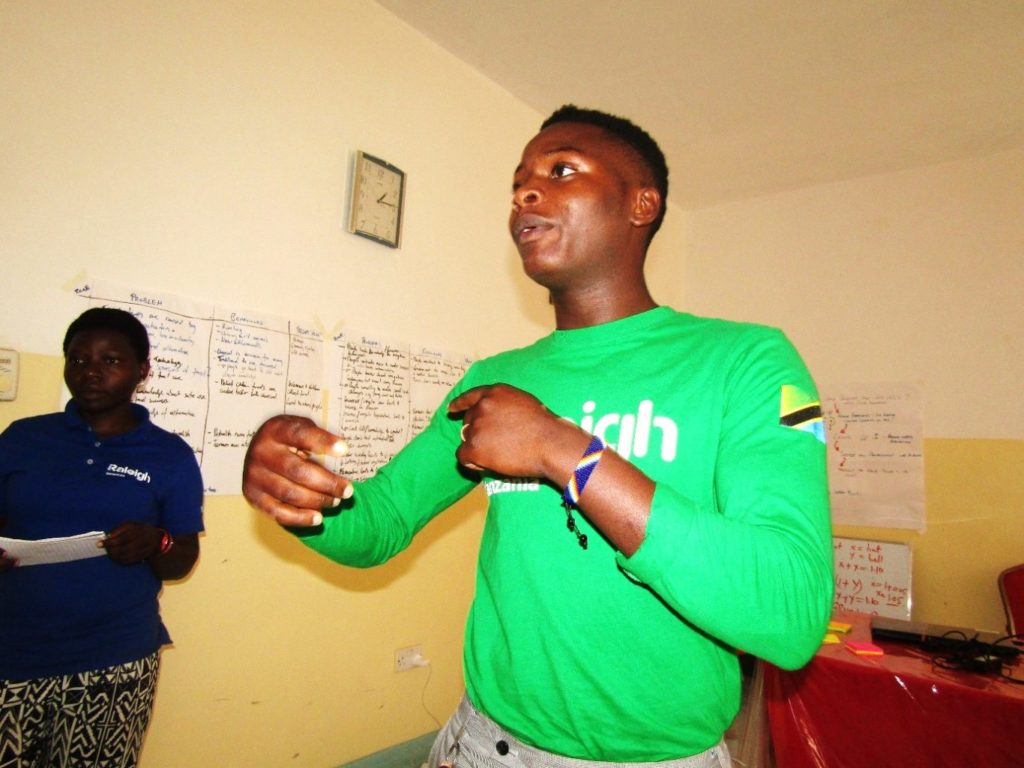Young Tanzanians Prepare for Climate Change Campaign

Raleigh International has several different programs in each country they work in. An innovative new global exchange program called Exchange for Campaigns, Empowerment, and Leadership (ExCEL), funded by Norwegian agency for Exchange Cooperation (NOREC), is composed of 14 Raleigh volunteer alumni from Tanzania, Nicaragua and Nepal.
These ExCEL participants conducted three months of intensive formative research, first in Tanzania, and then another three months in Nepal. This research involved looking into the effects of climate change on agriculture and forests sources. The formative research and data analysis was then used to constructed problem and solution trees, which enabled the development of behaviour change models that could be adapted by various communities to address the impact of climate change.
After six months, the Tanzanian ExCEL participants have returned to Tanzania for a two-part workshop. The first part involved participants reviewing their international findings and preparing presentations for the next part of the workshop.

Faith Lawrence Muze said, “It has been a great experience being a part of ExCEL where I got an opportunity to learn project designing and implementing through all stages. I had a great experience on how to implement sustainable projects. Also, I learned some of the Nepali language, cultural diversity and different ways of living”
The second part of the workshop included 20 other young people from the Raleigh Tanzania Society (RTS), which is made up of Raleigh Tanzania alumni. Here, ExCEL participants shared their new-found knowledge, skills, experiences and preliminary conclusions in a workshop format. Specifically, RTS members were able to understand the different drivers of behaviour change and they could then explain how different approaches could be used in Tanzania to encourage positive behaviours.

Another purpose of the workshop was to identify the core problems facing each of the five zones in Tanzania; highlands, lakes, coastal, central, and northern part. The group then began designing youth led campaigns dealing with one of the climate change core problem area (agriculture, forests or energy source) for each of the respective zones.

Together ExCEL participants and RTS members, were able to share experiences and findings. They learned on how important it is to do formative research and that there needs to be a means to identify their campaign focus, and finally a way to implement the campaign. After the workshop all the participants are going back to their respective communities to present their campaign with their alumni counterparts so that they can conduct a successful campaign.
Written by Jovina Justus, Youth Development Officer, Raleigh Tanzania



